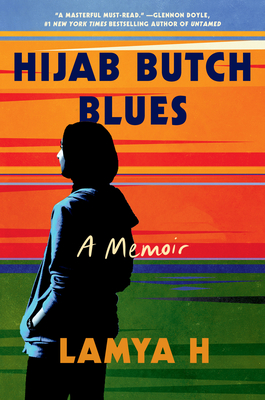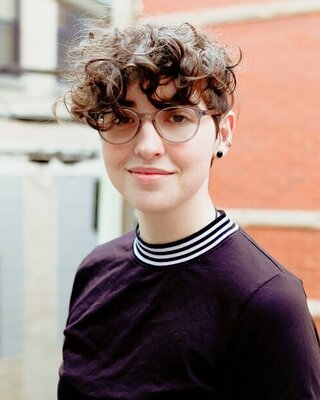Lamya H., author of Hijab Butch Blues, joined us for a wonderful episode!
Lamya talks about the line between invisibility and hypervisibility as a brown person in hijab in the US, alternatively overlooked or policed. She discusses her path into Queer Muslim community as well as her mixed experiences in both Arab and Desi spaces as someone born in a South Asian country who grew up in the Gulf. We also talk about the differences between culturally- and religiously-specific queer communities and the issues with policing borders around identity. They also mention how quickly Queer Muslim communities have become more public-facing in the past few years and express a desire to retain queer practices of trust-building and protection with that generational shift.
Lamya also explains her view of writing as a political and cathartic act and what it’s like to write a bestselling memoir as someone who didn’t previously identify as a professional writer. They also discuss how refusing to explain everything is a political choice and why they chose Leslie Feinberg’s Stone Butch Blues as their memoir’s namesake.


